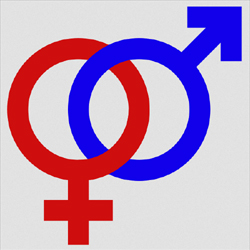 Many dance artists working in the industry would argue that there are still gender issues for them. Some audiences still retain the thought that dance equates to ballet for girls, full of prejudice and stereotypes. This is despite the leaps that have been made regarding gender equality in dance, leaving the uneducated public. To them, dance requires little to no training or commitment, and could not be a legitimate career.
Many dance artists working in the industry would argue that there are still gender issues for them. Some audiences still retain the thought that dance equates to ballet for girls, full of prejudice and stereotypes. This is despite the leaps that have been made regarding gender equality in dance, leaving the uneducated public. To them, dance requires little to no training or commitment, and could not be a legitimate career.
It is clear to the participants of dance, however, that dance is a difficult vocation that is pursued with commitment, dedication and passion. We know that dance teachers are of different ages and can be women or men, and that the training provided by teachers aims to utilise a student’s potential to have a career in the world of dance.
With the increased popularity of dance over the last few years, there has definitely been an overall improvement in what the general public, students and parents know about dance and dance training. Despite this there still underlying issues with matter of gender when it comes to dance teaching.
If even dance audience and schools discriminate on the basis of gender then what hope is there for parents, students and the general public? This type of conduct is incredibly harmful to the industry and does not support the professionals already working or trying to break into the industry, as they have to fight against gender stereotypes and discrimination from the people expected to support them.
Although the rejection of a job application on the basis of gender is illegal, in the dance world this action is accepted due to the perceived normality of it. To take into account a dance teacher’s gender when considering their application is an out of date mindset, let alone unlawful, as is the refusal to hire them on the basis of gender.
